Boris Johnson’s Brexit bill cleared the House of Commons on Thursday
Boris Johnson’s Brexit bill cleared the House of Commons on Thursday in a major milestone that means the UK is on track to leave the EU on 31 January. The prime minister won a vote on the EU withdrawal bill at third reading by 330 votes to 231, a majority of 99.The bill will now go to the House of Lords where peers could give it further scrutiny but are most unlikely to block its passage.
The prime minister’s official spokesman advised the House of Lords not to frustrate the progress of the legislation.
“The country did deliver a very clear message that they want Brexit to be resolved,” he said.
Despite MPs having frustrated Theresa May’s Brexit bill at every turn, and clearly intending to do the same to Johnson’s revised deal, with the new parliament now strongly pro-Brexit, due to Johnson’s considerable Tory majority, all seems to have become plain sailing for the government.

The bill passed without amendment in the Commons, which is in marked contrast to torturous, if not futile, previous efforts of May and Johnson to get Brexit legislation through before the election.
Downing Street was emphatic that it was ready to begin the next stage of the Brexit process - negotiating a trade deal by the end of the year - on 1 February.
EU chief Brexit negotiator Michel Barnier cautioned that the UK’s market access to the EU could be limited unless it agreed to certain conditions on state subsidies.
“If the UK wants an open link with us for the products – zero tariffs, zero quotas – we need to be careful about zero dumping at the same time,” he told a conference in Stockholm.

“I hope that this point is and will be correctly understood by everybody. We will ask necessarily certain conditions on state aid policy in the UK.”
He reaffirmed his contention that Britain’s objective to have a full free trade deal by the end of the year was unrealistic.
“We cannot expect to agree on every aspect of this new partnership,” Barnier said, "So we are ready to do our best, to do the maximum, in the 11 months, to secure a basic agreement with the UK, but we will need more time to agree on each and every point of this political declaration."
He described the overall plan "covering everything from services and fisheries to climate action, energy, transport, space, security and defence" as a "huge agenda" and said the two sides "simply cannot expect to agree on every single aspect of this new partnership in under a year".
Responding to questions following the speech, Mr Barnier added: "Speaking about economy and trade, there will be no agreement without global agreement on trade for goods, the level playing field, and fisheries. I think I’m clear."
According to Mr. Barnier the agreement should include a framework for cooperation on issues such as climate change and the Middle East, as well as a "close security relationship".
Back in Westminster, No 10 appeared to be unaware of Mr Barnier's comments. Asked whether the UK was ready to walk away from talks if the EU insisted on prioritising fisheries and trade in goods in the early stages of any deal, Mr Johnson’s official spokesman said: “I don’t think the EU have set out any detail about how they plan to approach these talks.

“What I’ve heard the EU saying is that they are committed to reaching an agreement with the UK by December 2020. That’s what we will be focused on achieving. It was a positive discussion with Ms Von der Leyen, President of the EU commision, yesterday and we are ready to begin those talks from 1 February.
“The EU have processes they have to go through. We fully understand that. We are ready to get going as soon as possible after we’ve left on 31 January.”
Israeli attacks kill four civilians in Gaza amid ceasefire violations
TikTok blocks Epstein and anti-Trump videos under Trump-aligned ownership
Iran’s president warns of US psychological warfare to disrupt regional security
‘New crime’: Hamas condemns Israel for exhuming hundreds of graves in Gaza
Iraq presidential vote delayed amid Kurdish dispute over candidate
Iraqi groups ready for war in support of Iran despite US threats
CIA establishing foothold in Venezuela after US abduction of Maduro: Report
VIDEO | How Iran defeated the US-Israel regime change OP


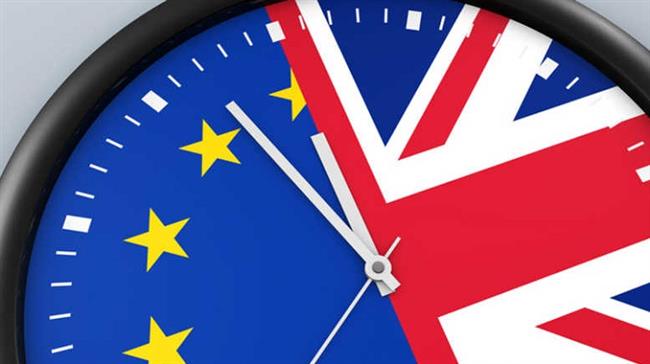

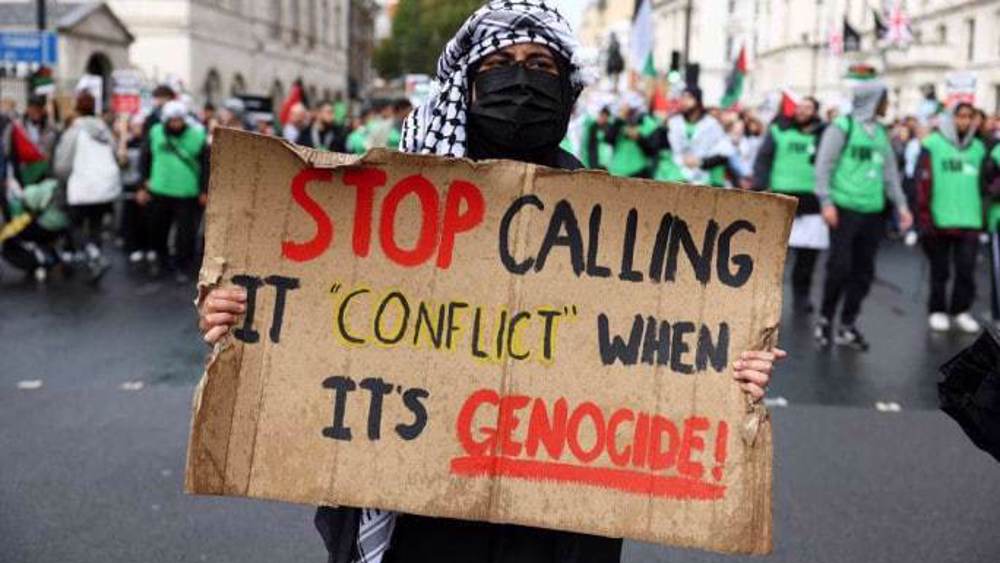




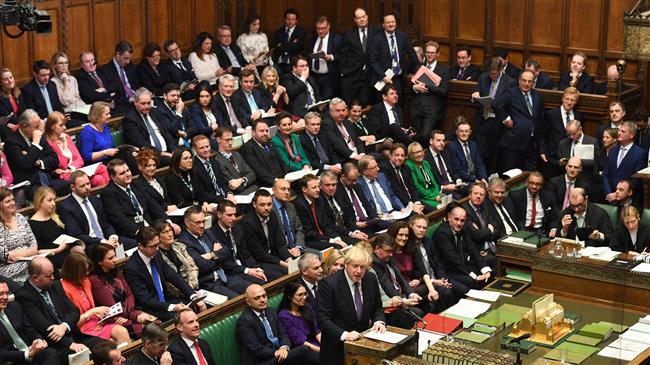
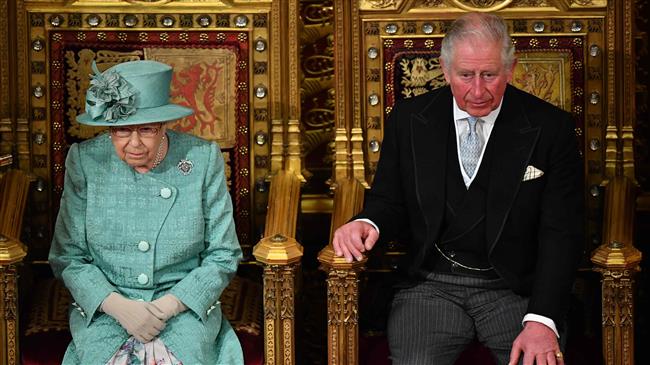
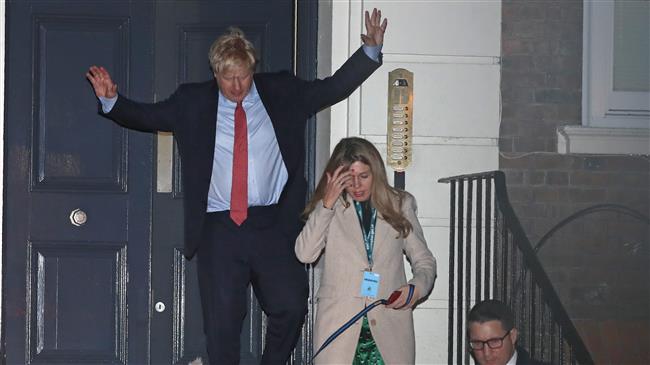

 This makes it easy to access the Press TV website
This makes it easy to access the Press TV website